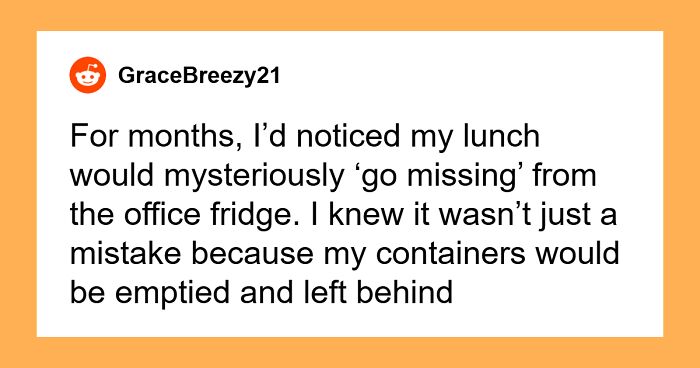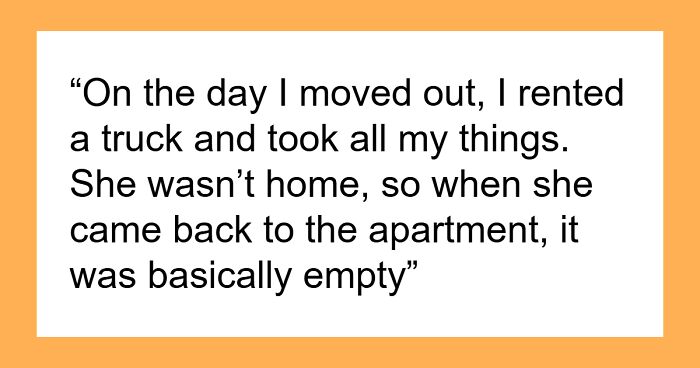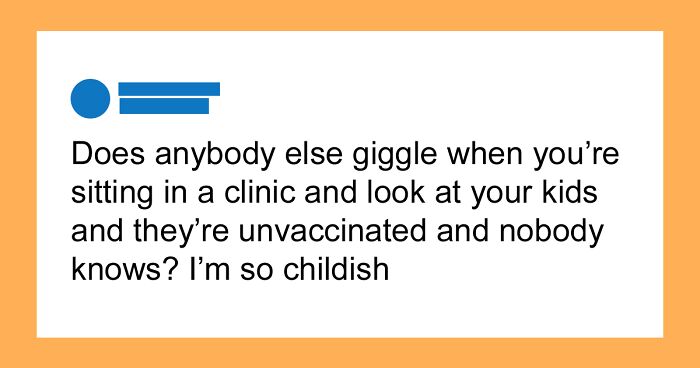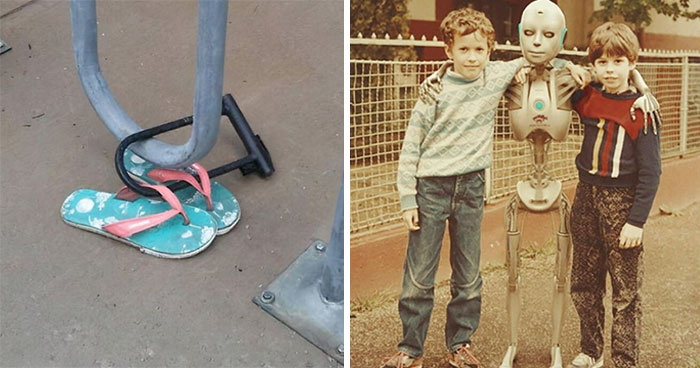I just so happen to be on the autism spectrum. However, my parents refused to accept my diagnosis, which is why I frequently come into conflict with them. I also experience problems in school when it comes to socializing or speaking. True, my braces (as of the date posted) and my nasal congestion do play a role, but I still can’t speak loudly or clearly. Does anyone else have similar struggles?
This post may include affiliate links.
Basically, it's like performing in a stage play, except you've never seen the script, your shoes are three sizes too big, you have one earbud in blasting music, and your glasses are so dirty you can't see the stage well. Yet, with all of that happening, you are still expected to cue from the other performers (who have all seen the script and don't have dirty glasses or music distracting them) and perform right to keep the scene perfect. If you don't perform to their standards, you're subject to ridicule and derision. But nobody will show you the script or let you clean your glasses, etc. So it's this constant, basically impossible battle to perform the way the world wants you to. It's very lonely and isolating.
Very good description. I am autistic (late diagnosed). I actually had nightmares regularly from a young age up to maybe my late 30s that I was in a sitcom, but nobody had given me the script. And I definitely felt like what you described during waking hours. (Also add wearing the scratchiest clothes with the pokiest tags imaginable so that you can't think straight.)
(32F) diagnosed last year. More common for women to be diagnosed later in life because we learn to mask. Was always told I was a weird kid who was switched at birth, got bullied in school for having different interests and being withdrawn and had a difficult time holding onto jobs because the jobs I landed required a lot of social contact.
It's important to realise that yes, you will face difficulties navigating a world designed by and for neurotypicals. There are things you can do though. It all depends on where on the spectrum you are and what specifics are bothering you. I need a lot of time to decompress so I currently only work 80% instead of a normal full time. I was also very open to my bosses during the interview about being on the spectrum and while my job is again customer facing and hectic (kitchen work) my managers and most of my coworkers understand when I become overwhelmed with all the input and have to sit down a minute to collect myself. They also understand that when I'm in my work zone I don't think about regulating my voice and face and come across as emotionless (I am working on that to improve it). It's not perfect, just yesterday a coworker told me that I hide too much behind my diagnosis too much and that you just have to overcome all the tough s**t life throws at you. I have finally decided to go forward with schooling for something I am passionate about, a job that would be a better fit for me so there's that.
Social life wise, I made my first and best friend in middle school, my other very good friends I got to know in college. It takes time, but you will find your people. Having the diagnosis later in life is both a blessing and a curse. On the one hand I finally understood why I always felt like the odd one out, but on the other hand not having the diagnosis early on led me to live the life I have lived and forced me to learn to mask and act neurotypical so unless I am overwhelmed by stimuli or you spent a lot of time with me you wouldn't know I have it (slowly learning to unmask which is hard). I'll never know if an earlier diagnosis would have enabled me to have different options to choose from.
All in all, not sure if it's something you'll recognise, but being with my pets calms me down a lot. Being in nature as well, and almost all of my hobbies are things I can do on my own (reading, writing, drawing, looking up data for my projects, interior design, etc etc) which is fun. I do require and crave social contact with friends, but in small doses and one on one mostly.
keep to myself. take comfort and pride in the things I can do and am at peace knowing that I will never have friends
:0, wut! Thats not fair... u should have friends if u want em 😥
I am in my 50s and was diagnosed about 6 years ago.
I have many challenges, and am still trying to address them. The good thing now is that I'm trying to work WITH myself instead of AGAINST myself. Most of my life, I kept trying to fix myself. You can't fix autism.
In the past three years, I've made strides by:
1. Realize I get overwhelmed with too many things, and instead of beating myself up about it, I moved from a house to an apartment, so I wouldn't have all the yard and house maintenance. Life-changing.
2. I use an application called "Ninety" to track issues where I can prioritze them. I get any ideas or things I need to solve out of my head where I know they are "safe". And then each week, I have a meeting with myself to pick the top X issues and work through them. And then once the meeting is done, I can forget all about the rest for the week. Of course, sometimes, things come up in life that have to be addressed sooner than next week, but this has really helped me to organize my life and not constantly be worrying about TODOs and things that need solving. The app also tracks TODOs and you can set a due date. Then I try to just look at the top TODO that is due and only focus on that one until it is done. It's helped tremendously.
3. I finally got on a schedule, which has helped a great deal.
4. I finally found a hobby at home: Drumming! And it has improved my mental health tremendously.
5. I found a local meetup group for autistic and other neurodivergent people. I just started going, but it's so lovely to have company on outings, since I haven't had a friend since 1999.
You are already way ahead due to having this diagnosis. Just know that most things do get better as you grow up. Even not having a diagnosis, that was true for me.
I'm so sorry that your parents refuse to accept the diagnosis. I wish I had advice. You might try one of the AI apps and ask it, "How can I talk to my parents about them refusing my autism diagnosis," and see if it can give you advice as to how you might frame the discussion.
I was diagnosed pretty young with Autism, so sure, I have some of the typical issues like: seeming a little off sometimes, not having certain social cues be just Neurotypical right, and/or just being socially awkward sometimes. My mom was forced to advocate for my needs in Special Education, while I was pretty young because otherwise I might not have learned how to talk and/or had issues with reading and/or writing.
I still have a lot of issues with spelling by default through.
I actually have some more issues with employers due to having Epilepsy that started as an adult: (as I've been demoted once due to no longer being medically able to work a particular shift with Walgreens, been offered demotion as Accommadition with Walmart, and been asked if I could do a warehouse position at all once (yes, as an Autistic/Epileptic small woman, I could - I just had to be smart and sneaky with taking my meds while on shift).
However, I often just have to try my best and remind myself that most people are idiots about things like Autism. I try not to overthink it but use their ignorance to my advantage if anything.
It can make aspects of life very difficult, and the next person to say "people grow out of it" to me is going to get punted into the sun. But I've accepted certain things are beyond me, or too stressful, and I know to avoid these situations now, even at the risk of offending others (for example, I stopped going to my in-laws some years ago as their house is one of constant noise and shouting), and this had made life more manageable.
Having kids that are also on the spectrum has become the hardest thing though; I have to ignore my own needs for their sake. No regrets on taking this approach (they're both brilliant little kids, and it was great to discover I am capable of unequivocal love) but burn out is a regular issue for me.
My PDA has also cost me at least one job as well (boss was a known bully and I couldn't help myself. 100% would do it again). BUT! If I could take a pill and be "normal", would I? No. I like who I am, neurospiciness quirks and all.
Depends on the challenge and the circumstances. I evaluate the situation, consider my options, and take the course of action that seems to be the most reasonable and logical.
Hi there, I've been diagnosed with autism and ADHD, my mom also refuses to accept my diagnoses and has repeatedly called me lazy. I'd say you have to find a group, friends, religion, etc, that is willing to help you, for me, I started going to a church, I met friends there and even my girlfriend, but throughout school, I just kinda found people and it all worked out. In order to get my mom to finally respect me, I just went cold around her. Just give one word answers like ok, yes, no, etc. The lack of contact will slowly get to them.
Effective but chilling. Sometimes one has to give away a hundred smiles (or, acts of kindness) to get one back. But it's better to try than to avoid, imho.
I have not been diagnosed but I have a lot of traits so take my perspective with the old "grain of salt". Being around nature and animals helps me because there are no deceptions. Those anechoic chambers because noise that doesn't have a discernable pattern to it kinda messes with my thought process; like I feel the chaos in my body hearing the chaotic sound, and loud noises in general. Play Stardew Valley 😁. You know what doesn't help?...calling people out when they use the wrong and often opposite usage of words and get frustrated with me that I didn't assume what they meant; but I cannot stop that one.
I realized I have autism around the time I realized my kids do, too. Here's a tip I tell people: picture a kid with autism struggling. You know they have autism, you know they're doing their best, you know how frustrated they are that things don't come easy for them... How much grace and patience would you have for that kid? What would you say to that kid? Would it be, "Hurry up!" or would it be, "You got this!" Now strive to make THAT your inner monologue. It's not easy. It's nothing that will happen overnight. But remember you were once that little kid, and you probably didn't get so much grace and patience as often as you deserved it, so give it to yourself. Be that person for yourself.
Also, invest in good earplugs (I love my Loops) and carry them with you.
I'm living in my (Aspergers) head, trying to be kind to others who are living in their own, in many cases neuro-typical heads. But it's good to try to communicate; even when it doesn't work out the way one expected, it often works out pleasantly anyway. Forget the failures and cherish the successes.

 Dark Mode
Dark Mode 

 No fees, cancel anytime
No fees, cancel anytime 












































